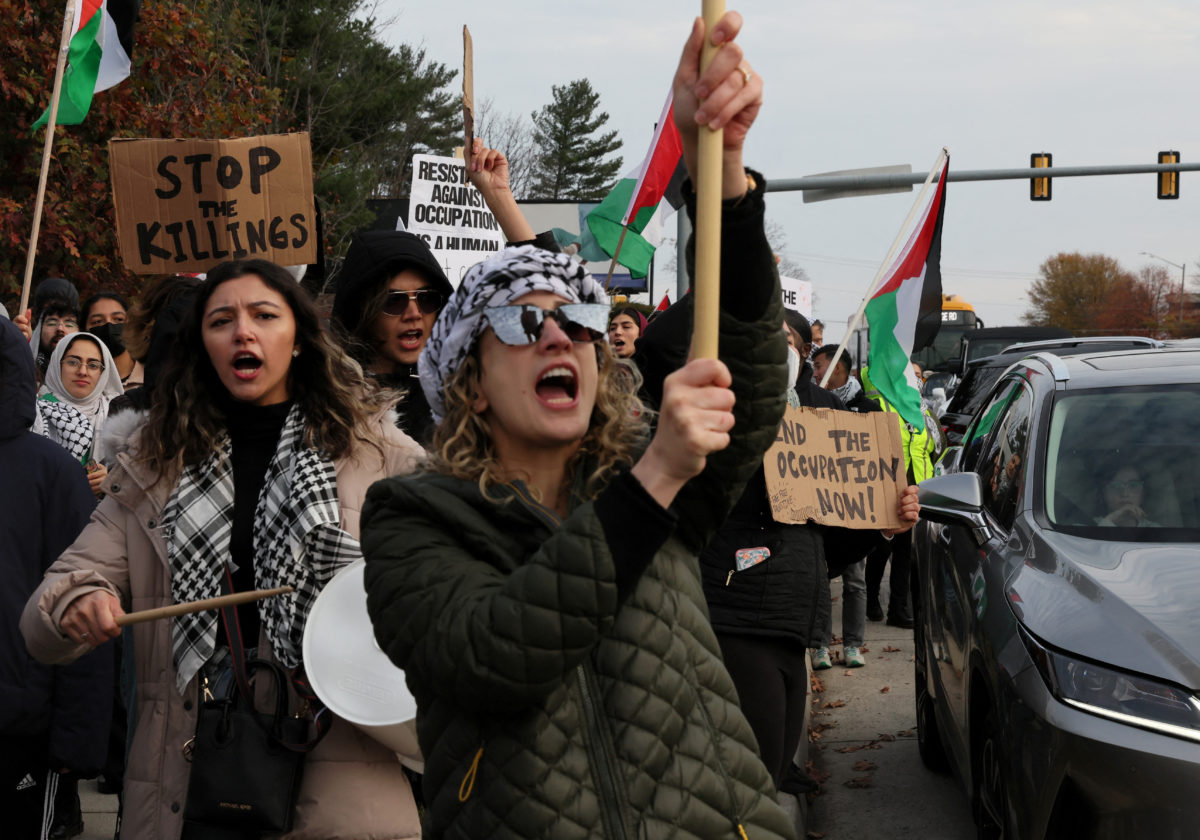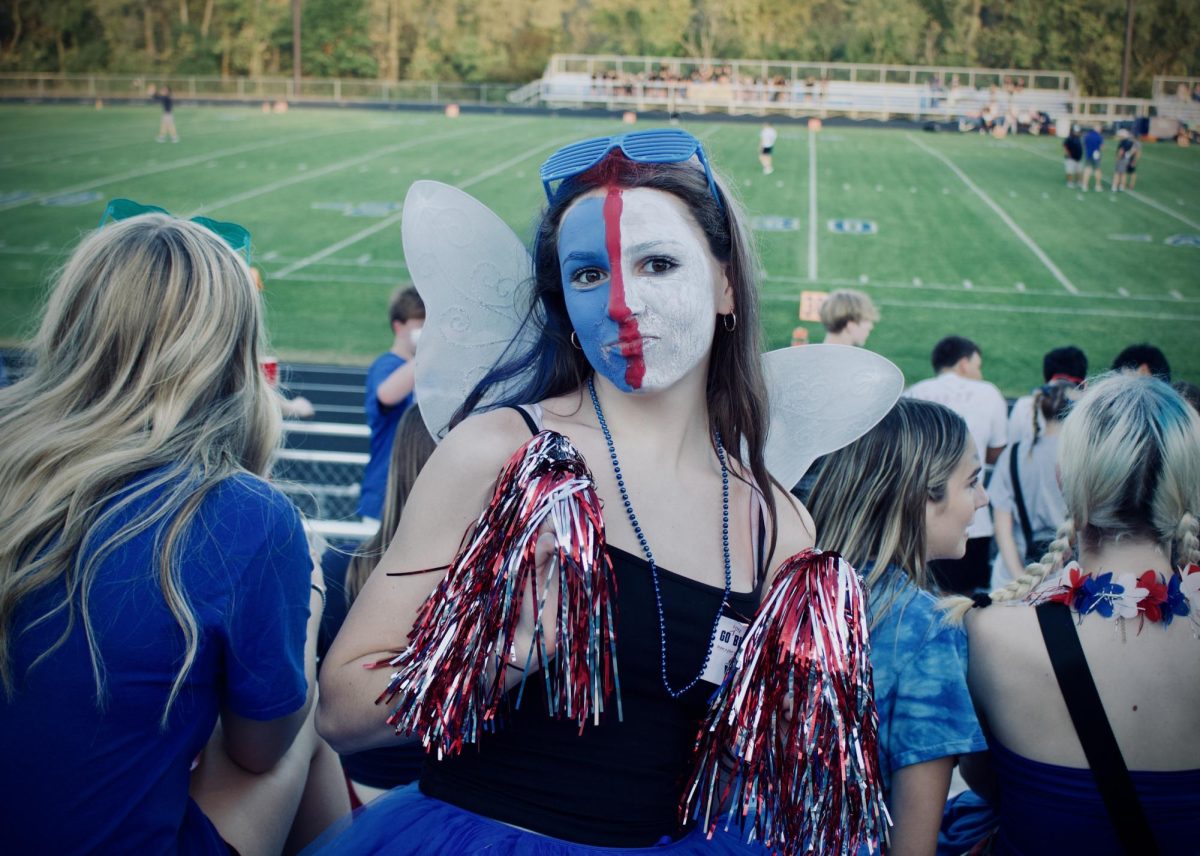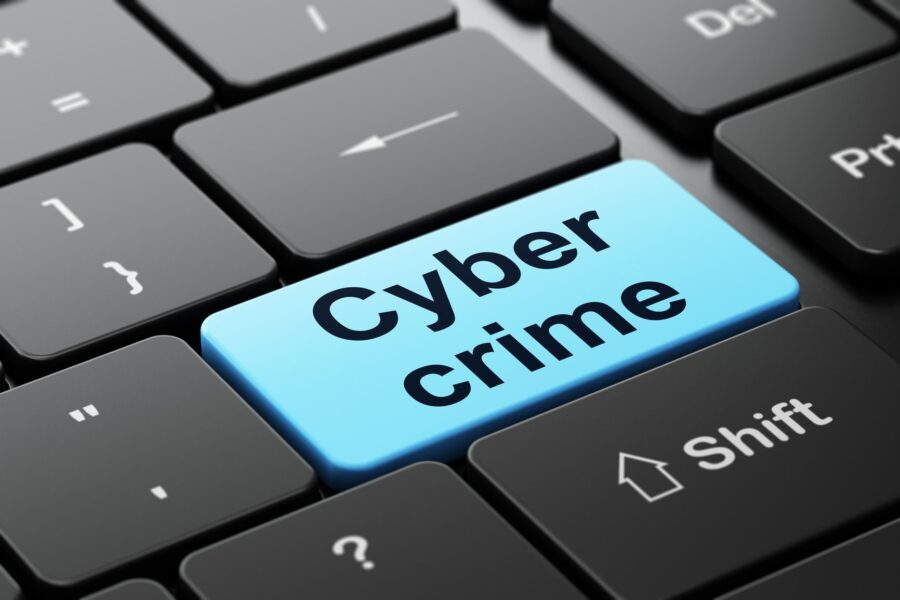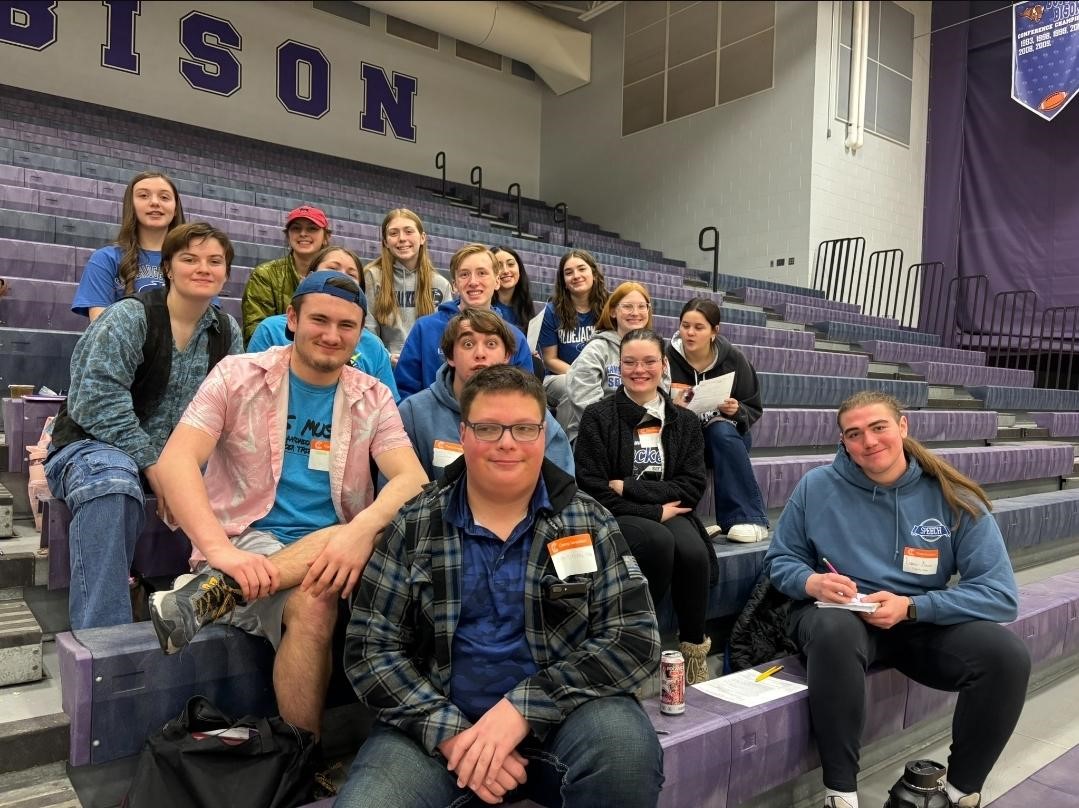When do citizens lose their right to protest? Across the United States, universities have decided the line is drawn at any protest that causes a disturbance in someone’s life. This raises the question of what protest wouldn’t disturb anyone? Protests are deeply rooted in American culture. The Boston Tea Party was an example of a disruptive protest; the women’s rights movements relied on protesting, and the AIDS epidemic was finally addressed due to protesting. Given these examples, it is clear protesting is a powerful tool.
Politicians, government officials, and regular citizens are now criticizing the student’s decisions to protest by using encampments. Despite the disruptive nature of the protests, students should have their rights upheld.
Students have begun protesting in response to the increased violence and displacement in Gaza. Boycotts started in response to companies and organizations who are associated with Israel directly or indirectly. After it was revealed that several major universities had been financially supporting the Israeli government or companies related to Israel, students took it into their own hands. It is only fitting to stand up to injustice, and students should not be punished for exercising their rights.
One notable institution that has ties to Israel is the University of Minnesota. It was revealed that they were investing in the company Honeywell. The Palestine Solidarity Campaign, an activist organization in England and Wales, claims that products were used in 2014 by Israel during their ground invasion of Gaza. Their association with Israeli weapons has tied a zionist image to them. Zionism is the belief that Jewish people have the right to a Jewish state. Palestinians and activists disdain Zionism due to the fact it involves taking the land that Palestinians currently reside in to create a Jewish state.
They took their anger and turned it into something productive: protesting. The United States protects protesting under the 1st amendment. Encampments ensured that their presence was solid and hard to avoid. The Fire, an organization with a mission to defend citizens’ rights,
states that “individuals can gather together to advocate for causes, beliefs, movements, or protests,” according to the First Amendment. People may argue that the protests disrupt others’ lives, but protests aren’t meant to make life comfortable. Encampments are non-violent in their pure form and should be a protected form of protest.
Protesting is an essential aspect of American democracy. When the people’s voices aren’t heard, they must demand recognition. After all, the government gets its power from the people. Without the people’s consent, the government has no control. If an institution wants protests to stop, it should consider listening to its students’ demands.
Losing the Right to Freedom of Assembly
Students across the country have been protesting against their college’s financially supporting the Israeli government or companies affiliated with it
1






